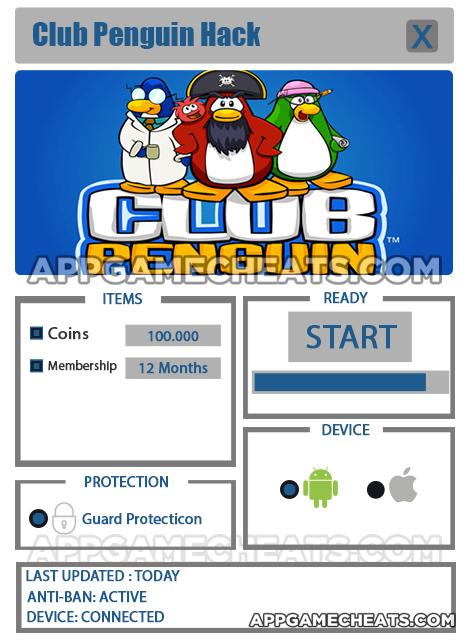Everyone has heard the term "Buyer Beware." In my business of helping people downsize their homes and possessions, it should be "Seller Beware."
From family to professionals, there are individuals of all shapes and sizes who prosper from taking advantage of older adults faced with the need to downsize. I could write a book as lengthy as Leo Tolstoy's War and Peace about the personalities that I have encountered in my career who have contributed to this sham. My only regret is that Leo used this book title first!
One of the main reasons I became a downsizing expert and certified personal property appraiser, operating under a code of ethical behavior, is to help older adults not get "ripped off" when they are faced with the daunting task of scaling back their living quarters and personal belongings.
Often their first impulse in downsizing is to unload things as easily and quickly as possible. However, when little thought goes into this process, it is the perfect formula for exploitation. Therefore, when you downsize, thing of the acronym "BEWARE" to help protect your personal property.
B
BE prepared to let go emotionally of all the household trappings, which you truly do not need or want. For possessions you value, mark them with color dots and take an inventory on paper of those things you cannot live without. It's hard to be bamboozled when you are sure of your basic needs, and the belongings you really want to keep.
E
EDUCATE yourself by looking for a trusted professional to help you estimate the worth of what you own and what is valuable. Begin by asking other people whose opinion you value, such as an attorney, accountant, financial planner, or trusted friend, for a recommendation. Once you locate such a professional, ask questions and take notes. It's also wise to get a second opinion on your personal property estimates. Of course, this takes time upfront, but it is time well spent early in the process.
W
WATCH your back. Many relatives and professionals know what they want from you because it has sentimental or monetary value to them. They are not cheering in your corner but in their own. If you have educated yourself on what is really valuable in your possessions, then you are ready to begin to dole out your worth in a worthwhile and wise way, done on your time frame and never theirs.
A
ACT prudently in locating a professional appraiser; be sure to ask for references. Before you part with anything or "decide to have a yard sale to get rid of a lot of junk," ask yourself if this is really advantageous for you, or just an easy way out of the clutter. I have often seen valuable items in a yard sale that went for $1 because the person did not plan ahead to get a professional opinion.
R
REACT only after reliable information has been accumulated on the worth of your personal belongings. Once the decision is made to dispose of your things, you may confidently give away possessions to relatives, at a tag sale, or you may work with a reputable estate professional.
For remaining possessions not to be kept, you may dispose of these things through charitable organizations. Most belongings can have a second life for someone in need; you just have to make a few calls to find the right organization. In most instances, you must have a detailed inventory of the things you donate to get the proper tax credit. Remember, there are trustworthy professionals who are ready to ethically assist you; they will do the entire "turnkey" downsizing, even your relocation.
E
EMPOWER yourself by knowing the worth of your personal property, just as you know the worth of your real estate property. By asking the right questions from the right people, and doing your homework initially, you really will ensure that you don't become "easy prey" to all the shady characters who want to snatch your possessions.
copyright 2009, The Estate Lady






 Fallout Shelter guide - How to keep your dwellers alive in Survival Mode
Fallout Shelter guide - How to keep your dwellers alive in Survival Mode Zoom Pics Quiz Game Level 31-40 Answers and Solutions
Zoom Pics Quiz Game Level 31-40 Answers and Solutions Gun Bros 2 Tips, Hack, & Cheats for War Bucks & Xplodium - AppGameCheats.com
Gun Bros 2 Tips, Hack, & Cheats for War Bucks & Xplodium - AppGameCheats.com Riddle That Answers All Levels
Riddle That Answers All Levels Follow The Line Cheats - AppGameCheats.com
Follow The Line Cheats - AppGameCheats.com